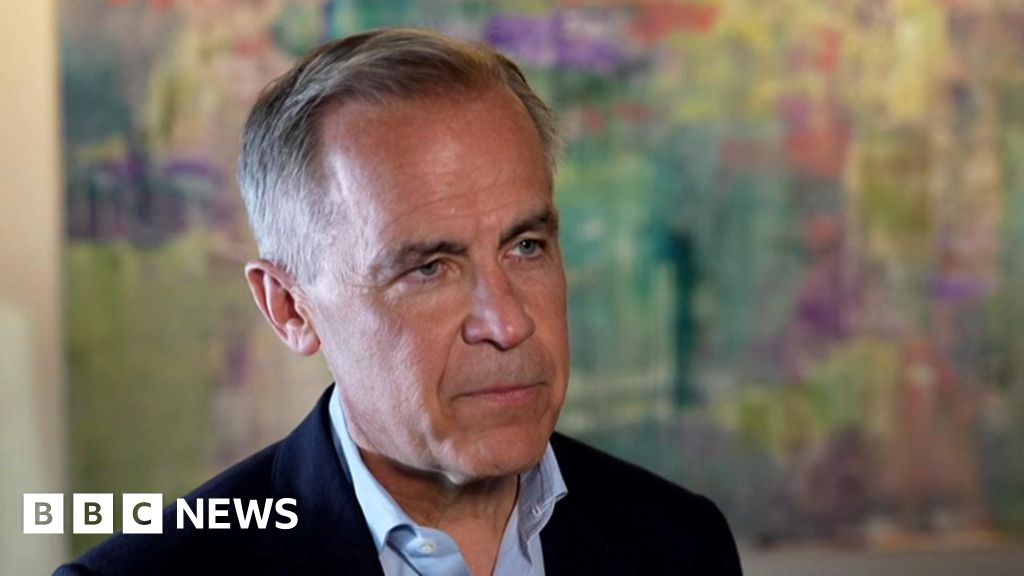ARTICLE AD BOX
Image source, Srikanth Bolla
Srikanth Bolla is about to have a Bollywood film made about his life. The young CEO has built a company worth £48m - but it nearly didn't happen. As a teenager, Srikanth was told it was illegal for him to study maths and science at senior school because he is blind, so he sued an Indian state to make it possible, as Arundhati Nath explores.
Every day, for two years, six-year-old Srikanth Bolla walked several kilometres to school in rural India, guided by his brother and following his classmates.
The route was a muddy track, lined with shrubs, which flooded during monsoons. It wasn't a happy time.
"No one talked to me as I was a blind kid," he says.
Born to poor, illiterate parents, he was rejected by the community.
"My parents were told that I couldn't even be a watchman for my own house because I couldn't see if a street dog had walked in.
"Many people would come to my parents and ask them to murder me with a pillow," the now 31-year-old recount
Ignoring this, his parents were very supportive and, when he turned eight, Srikanth's father said he had some exciting news. Srikanth had been given a place at a boarding school for blind children and would be moving to the nearest city of Hyderabad - 249 miles (400km) away. At the time, the city was in the state of Andhra Pradesh.
Although a long way from his parents, Srikanth was excited and quickly settled in. He learned to swim, play chess and play cricket with a ball that made rattling sounds so he could locate it. "It is about the hand and the ear," he reveals.
Srikanth enjoyed his hobbies but also started to wonder about his future. He had always dreamed of becoming an engineer and knew he needed to study science and maths for that.
When the time came, he selected those crucial subjects but his school said "no", and informed him it was illegal.
Indian schools are run by several bodies, each with their own rules. Some come under the state governments or central boards, others are managed privately.
Srikanth's school was run by the State Board of Education of Andhra Pradesh and, as such, was not permitted to teach science and maths to blind senior students because it was considered too much of a challenge with its visual elements like diagrams and graphs. Instead, they could study the arts, languages, literature and social sciences.
It was 2007 and Srikanth was frustrated by this arbitrary law that wasn't the same for all schools. One of his teachers, Swarnalatha Takkilapati, was frustrated too and encouraged his young student to take action.
Image source, Srikanth Bolla
Image caption,A teenage Srikanth working at Samanvai's Computer Training Center for students with multiple disabilities
The duo went to the Board of Secondary Education in Andhra Pradesh to plead their case, but they were told nothing could be done.
Undeterred, they found a lawyer and, with the support of the school management team, filed a case with the High Court of Andhra Pradesh appealing for a change to education law to allow blind students to study maths and science.
"The lawyer fought it on our behalf," Srikanth says, the student didn't need to appear in court himself.
While the case rumbled on, Srikanth heard a rumour - a mainstream school in Hyderabad - Chinmaya Vidyalaya which operated under a different education body and offered science and maths to blind students. It had a place for him if he was interested.
Srikanth happily enrolled.
He was the only blind student in his class, but says "they welcomed me with open arms".
He says: "My class teacher was very friendly. She did everything that was possible to help me. She learnt how to draw tactile diagrams."
Tactile diagrams can, for instance, be created using thin film on a rubber mat. When a drawing is made on it with a biro or pencil it creates a raised line which you can feel.
After six months there was news from court - Srikanth had won his case.
The court had ruled blind students could study science and maths in their senior years at all state board schools in Andhra Pradesh.
"I felt extremely happy," Srikanth says. "I got the first opportunity to prove to the world that I could do it and the younger generation needn't worry about filing cases and fighting through the court," he says.
'Pouring rain on a small sapling'
Srikanth soon returned to a state board school and studied his beloved maths and science, averaging 98% in his exams.
His plan was to apply to India's prestigious engineering colleges known as the IITs (Indian Institutes of Technology).
Competition is fierce and students often attend intense coaching ahead of entrance exams - but none of the coaching schools would accept Srikanth.
"I was told by top coaching institutes that the course load would be like pouring rain on a small sapling," he says, explaining they presumed he wouldn't meet the academic standard.
"But I have no regrets. If IIT didn't want me, I didn't want IIT either," Srikanth says, settling
He applied to universities in America instead and received five offers, settling on MIT in Cambridge, Massachusetts where he became the first international blind student. He arrived in 2009 and described his early days there as a "mixed experience".
"The extreme cold was the first shock as I wasn't used to such cold weather. The food smelt and tasted different. All that I ate for the first month were French fries and fried chicken fingers."
But Srikanth soon began to adjust.
"The time at MIT was the loveliest period of my life.
"In terms of academic rigour, it was tough and gruesome. Their disability services did great work in supporting, accommodating and bringing me up to speed."
While he studied he also started a non-profit organisation, Samanvai Center for Children with Multiple Disabilities, to train and educate young disabled people in Hyderabad . He also opened a Braille library there with money he raised.
Life was going well. He graduated from MIT in management science and was offered several jobs, but he chose not to stay in the states.
Srikanth's school experience had left a mark, and he felt like he had unfinished business in his native country.
"I had to struggle so much for everything in life whereas not everybody can fight like me or have mentors like me," he says, adding that once he looked at the bigger picture he realised there was no point fighting for a fair education if there were no job opportunities for disabled people to take afterwards.
He thought: "Why don't I start my own company and employ persons with disabilities?"
Srikanth returned to Hyderabad in 2012 and founded Bollant Industries. The packaging company manufactures eco-friendly products, such as corrugated packaging, from fallen areca palm leaves and is valued at £48m.
It employs as many disabled people and those with mental health conditions as possible. Before the pandemic this accounted for 36% of its 500-strong staff.
Image source, Bollant Industries
Image caption,A group of employees at Bollant Industries
Last year, aged 30, Srikanth made it onto the World Economic Forum's Young Global Leaders 2021 list and he hopes that within three years his company Bollant Industries will become a Global IPO - where its shares are simultaneously listed on multiple international stock exchanges.
Bollywood has also come calling. A biopic starring well known actor Rajkummar Rao has been announced and will begin filming in July. Srikanth hopes it will stop people underestimating him when they first meet him.
"Initially people would think, 'oh, he's blind…how sad' but the moment I start explaining who I am and what I do, everything changes."

 3 years ago
92
3 years ago
92








 English (US) ·
English (US) ·